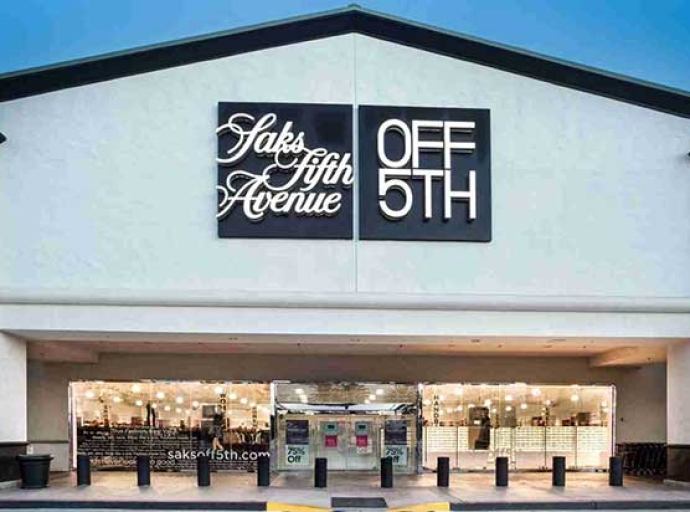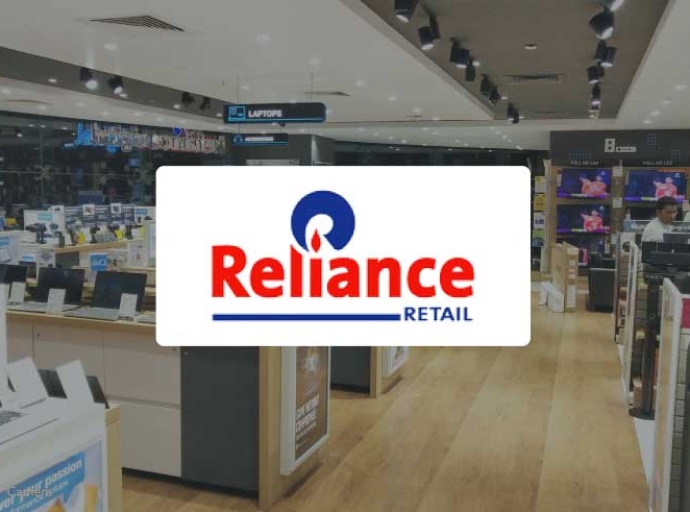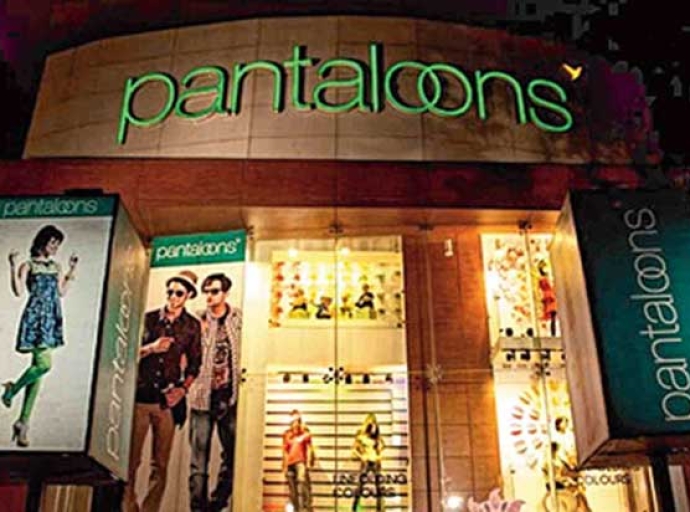10 July 2023, Mumbai
To be honest, the notion that Indian consumers are flocking to retail outlets to make purchases may not be entirely accurate.
Despite the optimism expressed by analysts and retail experts regarding the resurgence of physical retail, many brands are not experiencing the expected increase in customer footfall. So, what is the true situation for India's growing retail spaces?
India's retail industry is projected to recover and grow at nearly 10% CAGR, reaching $2 trillion in the next decade, despite challenges. The COVID-19 pandemic has reshaped consumption patterns, highlighting the complex reality of India's retail growth.
Slowing Discretionary Spends
A recent report by PwC, published in early April 2023, sheds light on why discretionary spending has not met expectations this year. The report revealed that 74 percent of surveyed individuals felt the need to curtail non-essential spending due to uncertain financial situations.
Financial Concerns; Ravi Kapoor, Partner, and Leader of Retail & Consumer at PwC India, explains that the survey underscores the ongoing financial stress experienced by consumers, with 74 percent expressing deep concerns about their financial situation.
This sentiment is likely to have a restraining effect on spending in highly discretionary categories such as electronics and luxury goods.
Retail Leasing Soars
Despite the decline in consumer spending, retail leasing is expected to reach 5.5-6 million square feet in 2023, the highest level since the peak of 6.8 million square feet in 2019, according to a report by CBRE. The primary driver of retail space demand in 2023 is expected to be leasing in newly completed malls.
Signaling Confidence
Economists have been predicting a more financially stable consumer base as India's GDP growth remains strong and is projected to solidify further by the end of 2023, providing stability for businesses and salaried workers.
It is anticipated that the financial uncertainty felt by many Indians will be replaced by a more confident approach in 2024. Although not guaranteed, this projection is pushing retailers to prepare for the return of discretionary spending in 2024.
Attractive Deals
Attractive discounts and deals are currently being offered in high-street commercial spaces, making them a sought-after investment for both investors and retail businesses. With favorable leasing contracts and malls providing multiple-benefit deals,
Quick Serve Restaurants (QSRs) and fashion brands, in particular, are seizing the opportunity to invest and prepare for a surge in spending next year. Malls are also creating new sections to attract customers with innovative and creative approaches.
Among all regions in India, the Delhi-NCR region seems to be the most favored by brands for expansion.
Leading Brands Push Forward
Leading retail players such as Aditya Birla Fashion & Retail, with brands like Shopper's Stop and Trends, are displaying signs of bullish physical retail expansion.
Jubilant Foodworks, the Indian franchisee of Domino's Pizza and Popeyes, Restaurant Brand Asia, the local franchisee for Burger King, and Westlife Foodworld, the master franchisee for McDonald's, are also not holding back despite a weak performance in the fourth quarter of the fiscal year 2022-23.
According to rating agency ICRA, the top five QSR brands in India are planning to add 2,300 stores between the fiscal year 2023-24 and fiscal year 2024-25, with an estimated capital expenditure of Rs. 5,800 crores.
Growth is the way forward
Fashion brands are following a similar expansion trajectory, with growth seen across apparel, accessories, footwear, and kids' wear.
For instance, Tata's Zudio plans to add another 130 outlets by the end of fiscal year 2023-24. Shopper's Stop will expand its department store model by 24 stores and add more beauty stores during the same period, while Westside aims to have a total of 214 outlets by then.
Retailers across India are planning to accelerate their expansion plans, expecting fewer disruptions from a potential third COVID-19 wave. Many top retailers, including Reliance Retail, Shoppers Stop, and Aditya Birla Fashion & Retail, have reported better-than-expected sales before COVID-19 during the October-December quarter of this fiscal year. Reliance Retail and Aditya Birla Fashion & Retail recorded their highest-ever quarterly revenue and profit.
Gain Momentum
The growth in sales can be observed across all channels, with both physical stores and e-commerce experiencing increased revenues due to the surge in online sales during the pandemic. Reliance Industries, for example, witnessed footfall levels reaching around 95 percent of pre-COVID levels in its stores, indicating a complete recovery of its retail business.
The company saw rising demand across various consumption categories, including consumer electronics, apparel, footwear, and grocery.
Similarly, Aditya Birla Fashion & Retail reported a 55 percent growth in sales, while Bata India's sales surpassed pre-COVID levels. Titan, known for its jewelry business, saw a 36 percent increase in revenue, with other segments also surpassing pre-COVID sales.
Retailers Adapt; Retailers in India experienced a boost in-store footfall during the Diwali season as COVID-19 infections declined and restrictions eased. This positive trend led to a decrease in discounts and a reduction in the number of sale events held.
Expansions Fuel Growth
Encouraged by the growth, retailers are ramping up their expansion plans. Shoppers Stop, for instance, announced its intention to expand its store network to Tier II markets, which offer significant growth opportunities.
The department store chain plans to open 8-10 stores in fiscal year and another 10 in fiscal year 2023. Reliance Retail also aims to accelerate its growth momentum and expand operations as the situation normalizes.
The company opened 1,700 stores between April and December 2021 and plans to continue rolling out new stores at a faster pace.
Apparel brands are also strategizing expansion of their brick-and-mortar businesses in the third quarter.
Shoppers Stop, for example, plans to increase its private-label offerings and open 20 department stores and 20 beauty stores over the next six months and two years, respectively. The focus is on deepening its presence in smaller towns with smaller-sized stores to improve efficiency.
Sales Flourish Across Channels
The positive growth trajectory has led to increased optimism and aggressive expansion plans among retailers.
Reliance Retail, Tata-owned Trent, Aditya Birla Fashion & Retail, and Shoppers Stop, among others, have all seen sales surpass pre-COVID levels during the festive season.
This boom has prompted them to announce new expansion plans, including store expansions, the launch of new store formats, and the addition of new product categories.
Anticipating a Confident Future
Positive Trends; the Indian retail sector is experiencing a mixed scenario. While discretionary spending has not met expectations, there is still significant retail leasing activity and optimistic projections for future consumer spending.
Retailers adapt by offering attractive discounts, exploring new strategies, and expanding their physical store presence.
The growth in sales across various channels, particularly during festive seasons, has further fueled expansion plans.
With improving economic conditions and increased consumer confidence expected in the future, retailers are gearing up for a potential surge in spending. They are investing in the necessary infrastructure to capture the market's potential.
Latest Publications

































